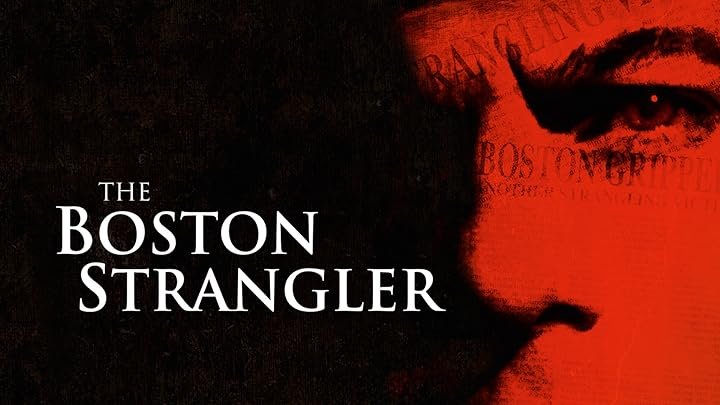
Boston Strangler
In Matt Ruskin’s “Boston Strangler,” Keira Knightley is a force of will, and a persuasive one at that. She plays Loretta McLaughlin, a wife and mother who starts in the Lifestyle section at the Record American newspaper in Boston. With Jean Cole (Carrie Coon), her reporting partner, she stumbles upon a connection between several recent grisly local murders women are being strangled with their underwear tied in a bow around their necks and then they’re off and running, the first to chase down such a story for publication. They understand how vital this information is for females all over Boston proper.
Mr. Ruskin, who also wrote the film, approaches this tale as newspaper noir It carries itself with the self-seriousness of David Fincher’s “Zodiac,” but only borrows those paler greens and sadder tones from it not so much its general edginess. Still, his flawed tribute to Loretta McLaughlin and Jean Cole can be fun because of all the journalistic competence and courage it packs.
“Boston Strangler” narrows its focus over time. First it feels as if Jean has been positioned on the sidelines like a supportive coach who’s been through it all before (she even smokes cigarettes) too many scenes fleshing out her arc must have hit the cutting room floor despite Ms. Coon’s rock-solid performance. But some interesting plotting choices come into play, including when Loretta and Jean call out the Boston police in print for bungling their investigation, turning up few leads, leaving innocent citizens exposed to grave danger that lurks.
Soon enough one day Loretta comes home or wakes up (it’s unclear) to find an underling calling her house with tips about the case using creepy masculine voices; another night while tucking one of her kids into bed she sees someone lurking outside her window but still she persists, knowing there’s a killer out there.
As the murders continue, “Boston Strangler” becomes more of a movie about women in a male space while investigating a crime that revolves around women being at risk. But for one overheated scene when Loretta steps into what feels like it could be a den of danger and doesn’t know if she’ll make it out alive, the movie loses its grip on the idea that we should worry about her immediate safety from either the murderer or whoever might be backing the police. Now it’s just someone being so consumed by their belief in a case that they’re risking everything else in life family, etc. to solve it. And yet “Boston Strangler” doesn’t have much room for that either.
In its place, Ruskin’s script can provide gumption as the reassuring sight of reporters pushing through dead ends. The growing dullness of the movie wins out over even that, though; a maudlin score heavy on somber strings and an absence of a distinct visual style that becomes more glaring with every familiar sequence are symptoms of this. There are many scenes of Loretta and Jean poring over documents, and moments meant to sting like when Jean makes eye contact with a suspect in custody lose their effect. Even the Boston Strangler cutaway scenes are too History Channel reenactment-like to be unnerving.
The movie wants to be as streamlined as possible, and there’s plenty of reason to think more time with everyone would help fill out its themes. Luckily, Ruskin has Alessandro Nivola’s suave toughness as a Boston cop who admits to being worn down by the case but starts to see the purpose in supporting Loretta’s tenacity. And Chris Cooper shows up as Loretta’s arms crossing boss, a role so cliche ready it could have been played by almost anyone. The same goes for the role of the Boston PD commissioner, played by Bill Camp another revered character actor who can give gold in a brief amount of time, and yet not when surrounded by so much else that feels rote. And you can guess what kind of character David Dastmalchian plays; he is resourceful as he can be.
“Boston Strangler” eventually reaches a point where it is totally controlled by the wild course of events it is recreating, and does make for decent, unsettling twists in a third act based on truth. But emotional resonance is scant even for how “Boston Strangler” casts another spotlight on game changing Boston journalism, by the end, even Keira Knightley only has so much space to construct a distinct arc from years of dedication that altered Loretta’s personal life. Ruskin does succeed in paying tribute to Loretta McLaughlin and Jean Cole’s hard work, but is less successful in filling in the larger story.
For More Movies Visit Putlocker.